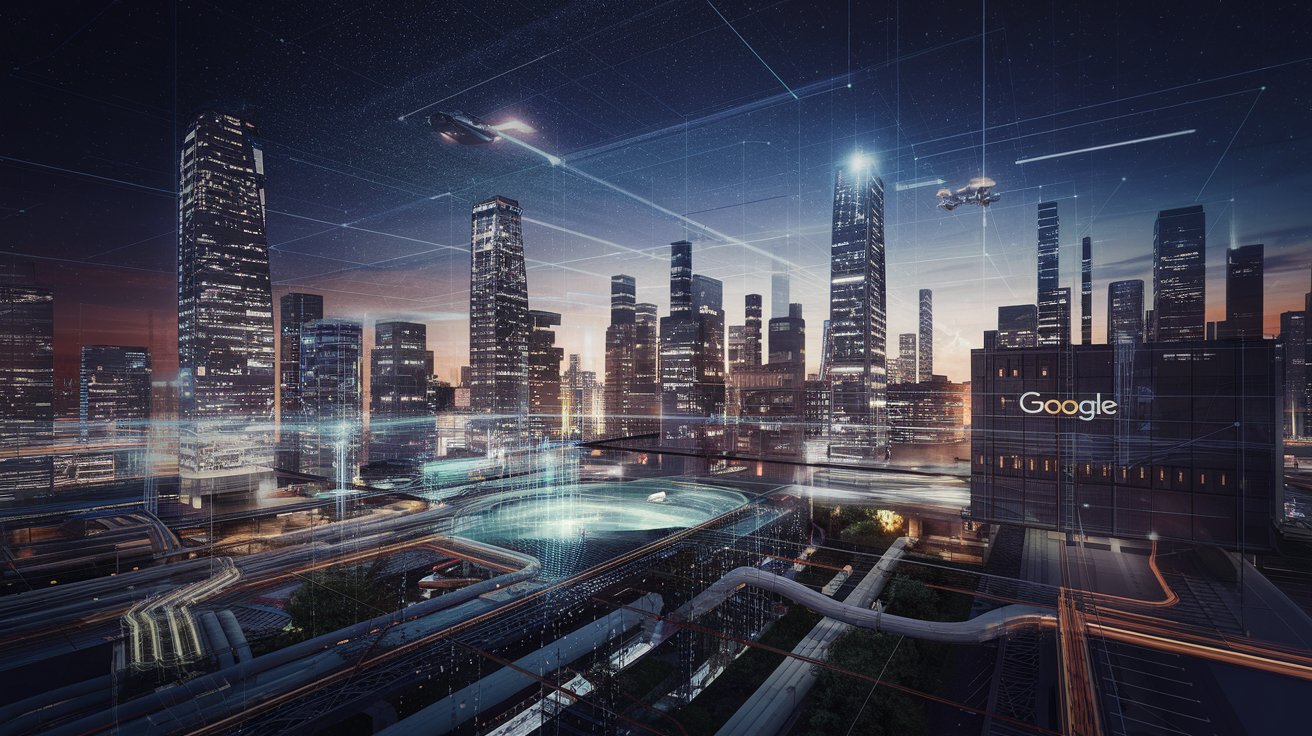- Aiinnova.io
- Posts
- Ai innova 23 September 2024
Ai innova 23 September 2024
Read like an AI expert !

Empowering a Million Dreams with AI
AI Pulse: Today’s Highlights
Bridging the AI Skills Gap in the UK
Insight: The UK faces a significant gap in AI skills development, particularly for disadvantaged communities. There is a pressing need for initiatives that focus on building AI skills among underrepresented groups to ensure equitable access to AI opportunities.
Ethical and Regulatory Frameworks for AI
Insight: The increasing focus on ethical and regulatory frameworks for AI is shaping the future of technology. Governments and tech companies are advocating for stricter guidelines to address biases and ensure responsible AI development, with the EU proposing the Artificial Intelligence Act.
Enhancing Efficiency in Large Language Models
Insight: Recent advancements in AI are improving the efficiency of large language models through techniques like sparse attention mechanisms and knowledge distillation. These innovations are making AI more accessible and sustainable across various industries.
UN Establishes AI Fund for Responsible Development
Insight: The United Nations has launched an AI fund aimed at promoting ethical considerations and global cooperation in AI development. This initiative signifies a commitment to inclusive and responsible AI practices worldwide.
Global Governance and Ethical Standards in AI
Insight: Brazilian President Lula's call for global AI rules at the G20 summit emphasizes the need for standardized ethical frameworks in AI development. Establishing international agreements on data privacy and algorithm transparency is crucial for responsible AI use.
AI Insights: Today's Analysis
Insights from the News Article:
Title: Google Uses AI to Help Build Cities
Key Points:
- Google has released an AI-powered tool called the Open Buildings 2.5D Temporal Dataset, which can track building changes across Africa, Latin America, and South and Southeast Asia.
- The dataset provides estimates of building presence, counts, and heights from 2016 to 2023, aiming to help plan for population growth, respond to crises, and understand urbanization's impact.
- The dataset has been shared with Google partners like WorldPop, UN Habitat, and Sunbird AI for various applications such as estimating global populations, urban sustainability, and urban planning.
- Government agencies can gain valuable insights into urban growth patterns, humanitarian organizations can assess built-up areas in disaster-stricken regions, and researchers can track development trends and study the impact of urbanization on the environment using this data.
Implications for the AI Industry:
- The use of AI in tracking building changes and urban development showcases the potential of AI technology in addressing complex urban challenges and informing decision-making processes.
- The collaboration between Google and various partners highlights the importance of data sharing and collaboration in leveraging AI for social good and sustainable development.
- The availability of detailed building data over time can enable more informed and data-driven urban planning decisions, leading to more efficient resource allocation and sustainable development practices.
Opportunities for AI enthusiasts:
- AI enthusiasts can explore the applications of AI in urban development and infrastructure planning by studying initiatives like the Open Buildings 2.5D Temporal Dataset.
- Engaging with AI tools and datasets used in urban planning can provide valuable insights into the practical applications of AI technology in addressing real-world challenges and driving positive social impact.
- Collaborating with organizations working in urban sustainability, disaster response, and population estimation can offer AI enthusiasts opportunities to contribute their skills and expertise towards creating more resilient and sustainable cities.
Learning Points for AI enthusiasts:
- Understanding how AI technology can be applied to analyze and track changes in urban environments, infrastructure, and population dynamics.
- Exploring the potential of AI-powered tools and datasets in supporting data-driven decision-making processes for urban planning, disaster response, and sustainable development initiatives.
- Recognizing the importance of collaboration and data sharing among AI researchers, organizations, and government agencies to leverage AI for addressing societal challenges and promoting sustainable urban development.
Future Outlook:
- The use of AI in urban planning and infrastructure development is expected to continue growing as cities face increasing challenges related to population growth, urbanization, and climate change.
- AI enthusiasts can expect to see more initiatives like the Open Buildings 2.5D Temporal Dataset that leverage AI technology to provide valuable insights for sustainable urban development and disaster response efforts.
- By staying informed about AI applications in urban planning and collaborating with organizations working in this field, AI enthusiasts can contribute to creating smarter, more resilient cities that are better equipped to address future challenges.

Reply